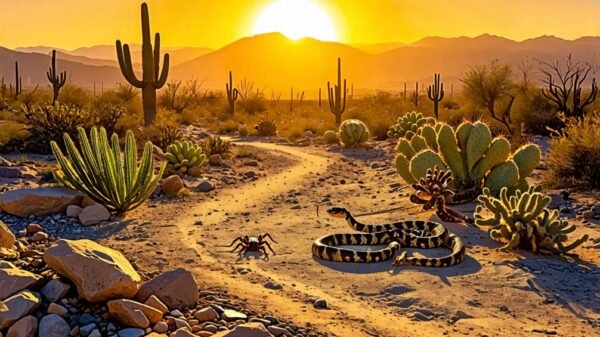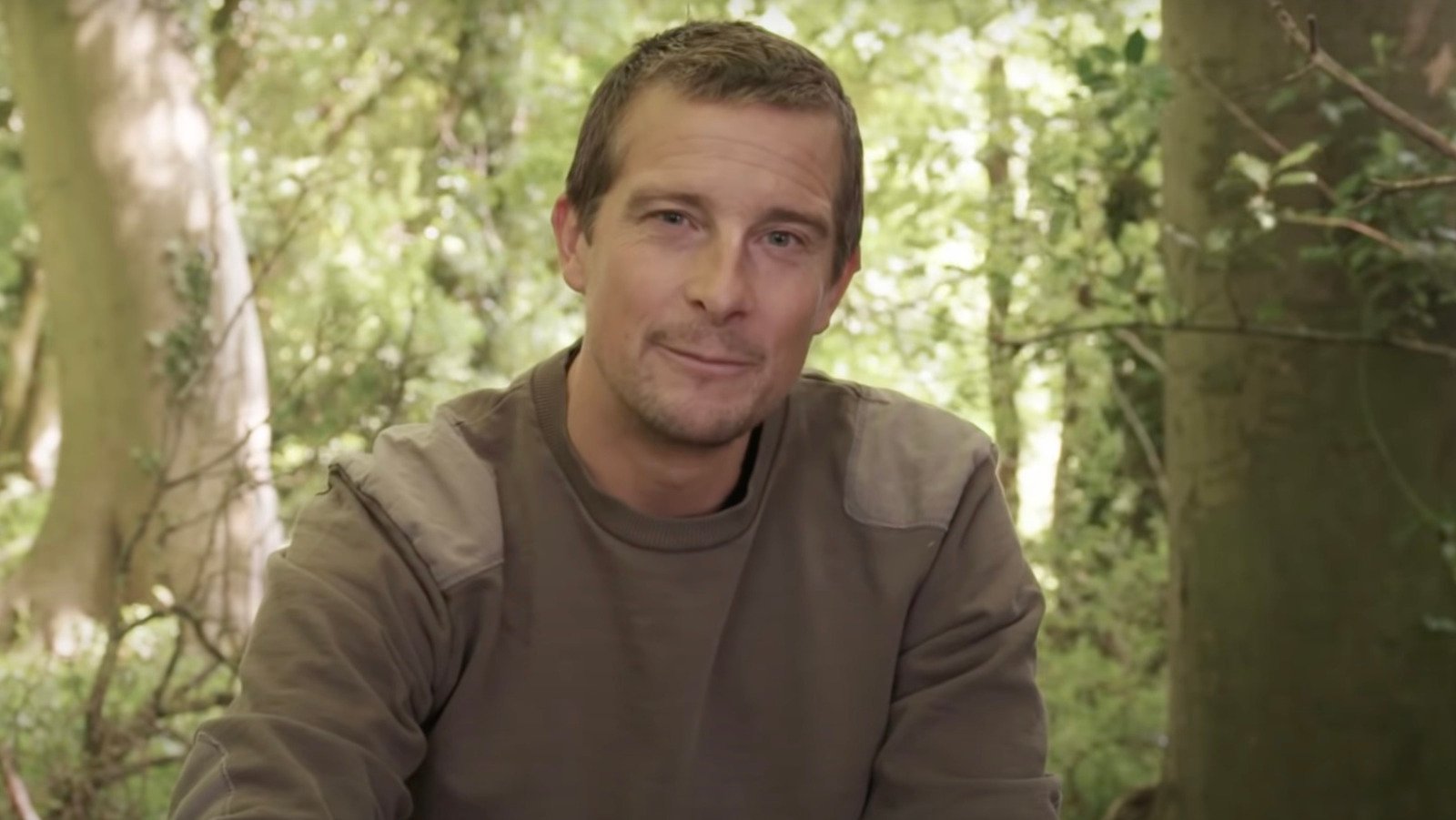Bear Grylls: Insights from a Near-Death Experience on "Man vs. Wild"
When it comes to survival television, few figures are as iconic as Bear Grylls. With his daring exploits and wild adventures, he has entertained and educated audiences about the great outdoors. However, Grylls’ encounters often teeter on the edge of survival and peril. During an episode of his YouTube series, "Bear Uncut," he shared a particularly harrowing moment from the show "Man vs. Wild." This was a brush with death that left many viewers shuddering and reflecting on the fragility of life.
The Near-Death Experience in Sumatra
In this gripping video, Bear Grylls recounted his experience filming in the treacherous jungles of Sumatra, Indonesia. He leaped into a swollen river without appreciating the unseen dangers lurking beneath the surface. Grylls eloquently described the peril of such jungle rivers during heavy rainfall, noting how the brown, turbulent waters conceals hazards like strainers and submerged logs. Despite his instincts warning him to stay clear, he felt compelled to jump in.
As he struggled against the fierce current, an unexpected danger arose: he found himself trapped under a rock undercut. This particular type of formation can easily hold a person beneath the turbulent waters, a situation that could lead to drowning. In that terrifying moment, Grylls believed his time was up. Fortunately, he extended his hand just in time to be rescued by a crew member on a boat. Without that timely intervention, Grylls might not have emerged from that watery grave.
Lessons Learned from the Wild
The wisdom Bear Grylls gleaned from this experience isn’t merely about avoiding dangerous waters. He succinctly encapsulated it with the phrase, “Instinct is the nose of the mind. Trust it.” This quote speaks volumes, especially in the context of survival situations. Although he admitted that the lesson is simple—never get into a jungle river during a flood—it’s a message that resonates far beyond the jungle.
Grylls candidly reflected that earlier, he sensed something was wrong but chose to override his instincts. This decision serves as a cautionary tale: when your gut speaks, it’s wise to listen. “When in doubt, there’s no doubt. Don’t do something,” he advised, a saying that has likely taken on new weight after his experience.
Bear Grylls’ Philosophy on Instinct
This encounter wasn’t just an isolated incident but part of a larger life philosophy that Bear Grylls articulates in his self-help book, "A Survival Guide to Life." In the book, he revisits the idea of instinct, describing it as an innate guide that should not be ignored when faced with life’s challenges. Grylls emphasizes that everyone’s instincts are unique and often honed from personal experiences.
He advises readers to recognize and trust their inner voice, especially when they find themselves at crossroads. “Don’t fight against that inner voice if it is speaking loudly to you,” Grylls urges, as he reflects on the many times he has relied on both instinct and intuition during extreme situations. Who else would have the conviction to consume raw pigeon eggs for the sake of survival but a man with an adventurous spirit like Grylls?
The Impact of Bear Grylls
Bear Grylls’ infamous episodes of "Man vs. Wild" and his introspective approaches to survival teachings have left an indelible mark on outdoor enthusiasts and casual viewers alike. His tales of near-death experiences serve not just as adrenaline-pumping entertainment but also as lessons in caution, awareness, and trusting one’s instincts. In a world saturated with distractions, Grylls reminds us of the importance of listening to our inner guide, embodying the true spirit of adventure that celebrates both life and survival.
Bear Grylls is not just a figure of extreme survival; he is an example of living life to the fullest while respecting its inherent dangers. With his blend of audacity and wisdom, he encourages us all to step outside our comfort zones while keeping our instincts sharp, transforming thrilling stories into profound lessons. Whether you are navigating life’s complexities or embarking on outdoor adventures, remember to trust your instincts—they may just save your life.





































